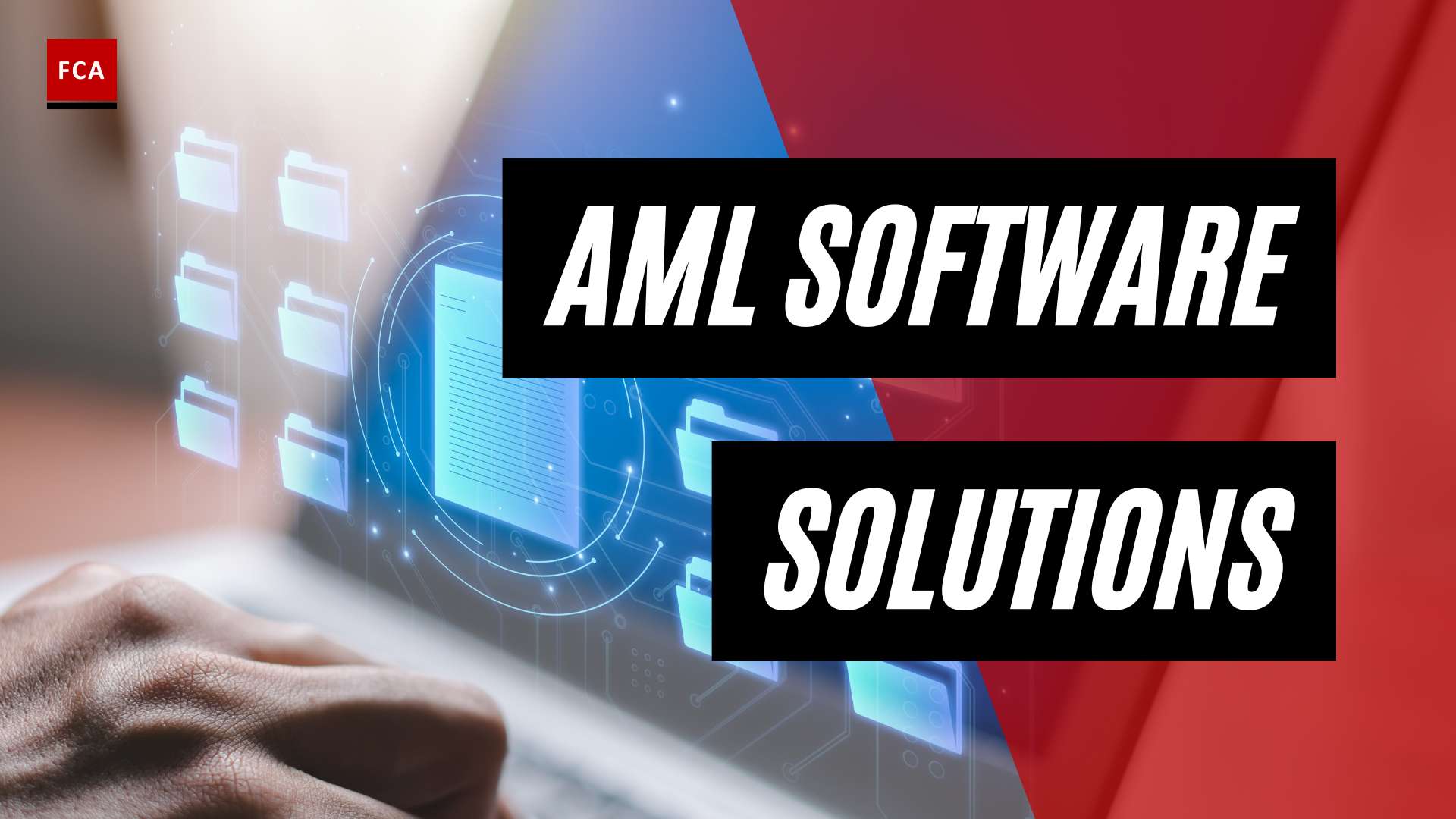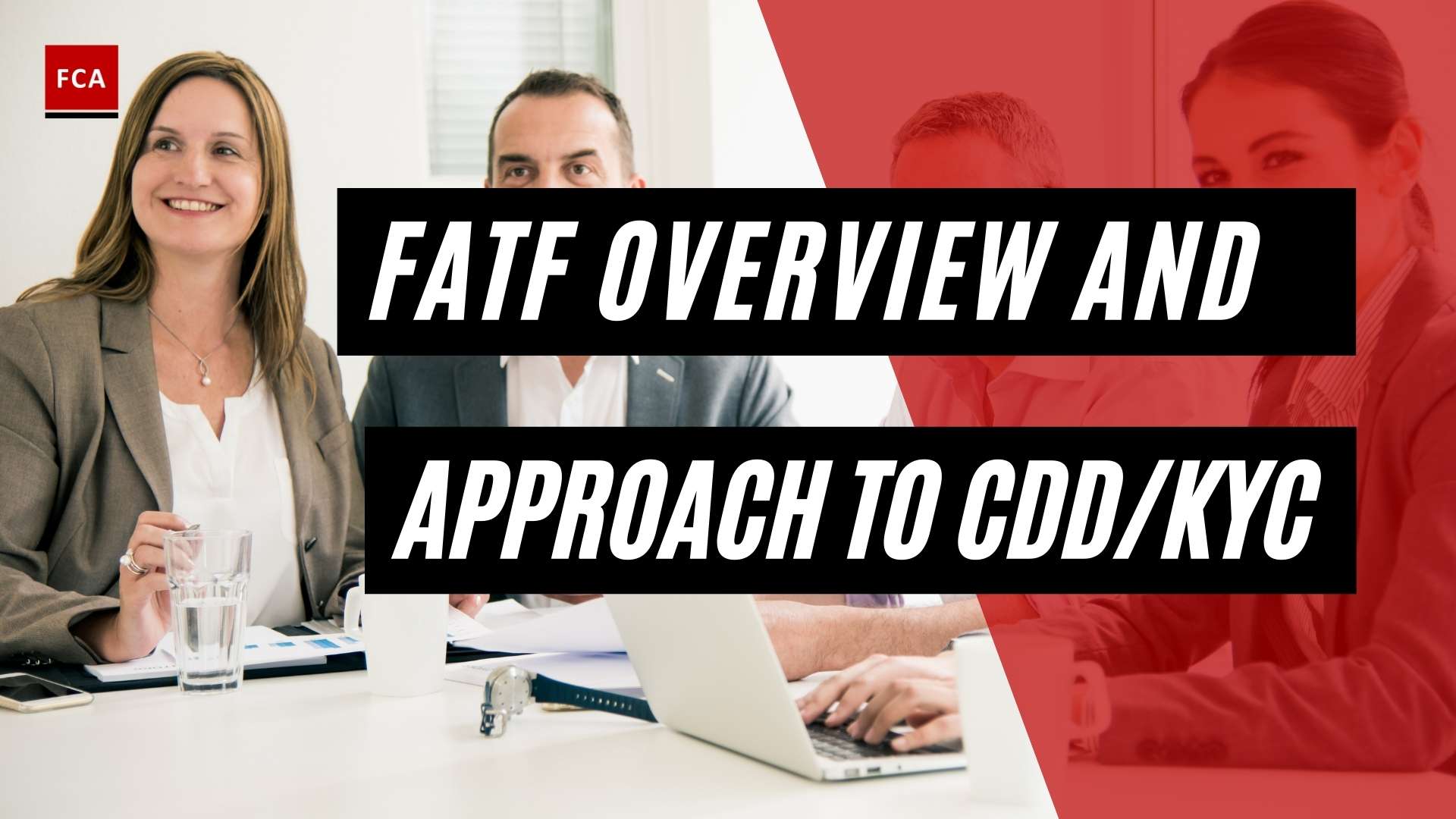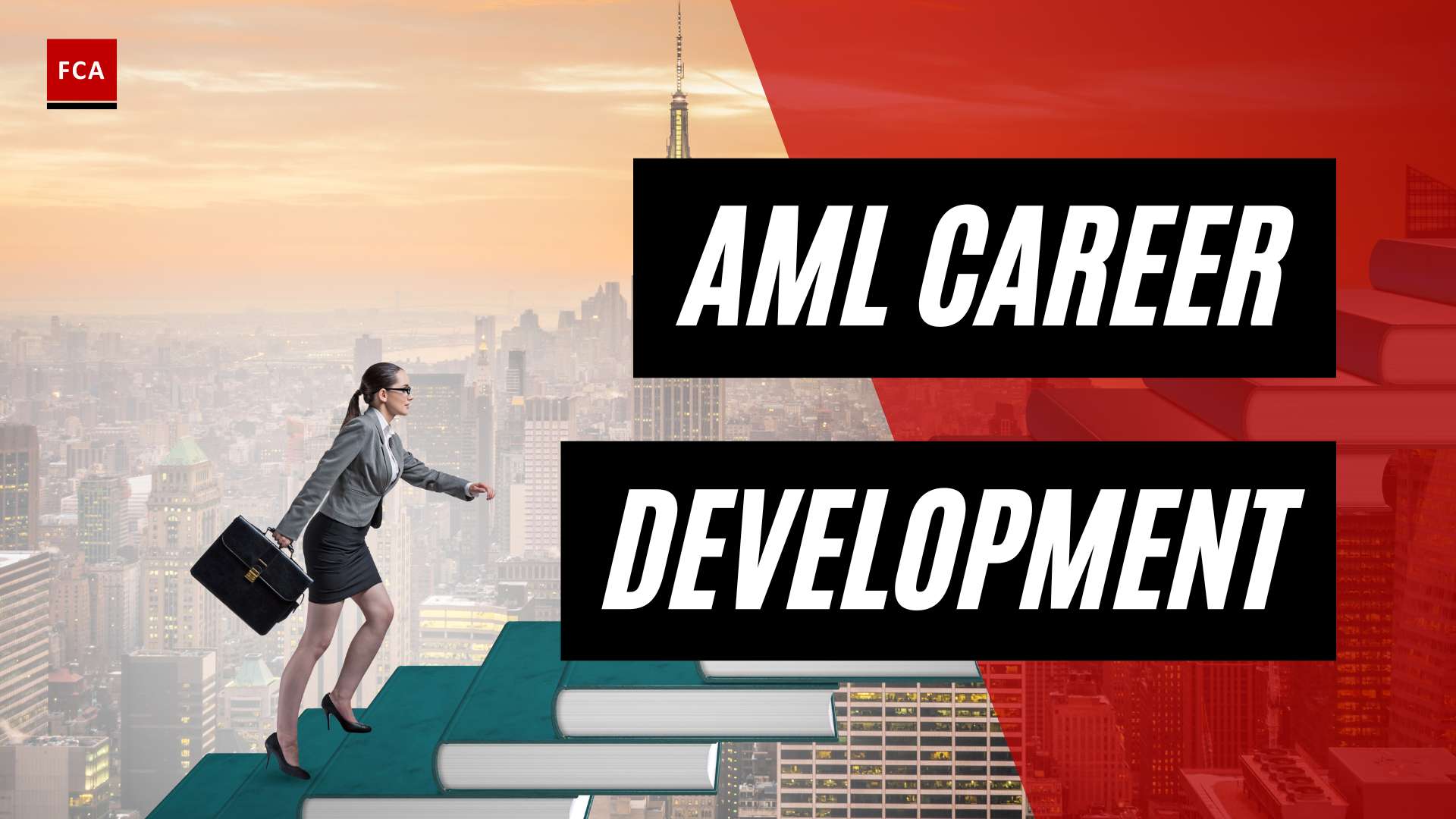The Wolfsberg Group shot to prominence in October 2000 with the release of a well-publicized set of global AML guidelines for the private banking sector. The rationale for the initiative, which followed a series of scandals involving high-net-worth individuals and PEPs, was the avoidance of further money laundering within the private banking sector.
The initiative was launched with the cooperation and assistance of Transparency International. The Wolfsberg Group comprises various private banking institutions. The Wolfsberg Group has no official status and its standards are not binding, even on its members, but its statements of good practice have received international recognition throughout the financial sector, indeed to the point of being used by Regulators to benchmark good and poor practice.
The standards consist of the various sets of AML and KYC Principles issued by the Group since its inception, which are considered as best practices, and measures to be adopted by the organizations, such as financial institutions.

The Wolfsberg Group
The Wolfsberg Group announced Correspondent Banking Due Diligence Questionnaire (CBDDQ) which aims to set an enhanced and reasonable standard for cross-border and/or other higher risk Correspondent Banking Due Diligence, reducing to a minimum any additional data requirement, as per the Wolfsberg definition and current FATF Guidance. It is also the Group’s expectation that the Group members will begin to use the CBDDQ, in a phased approach, with all of their respondents.
The Wolfsberg Group believes that a reasonable risk-based approach, adopted by the organizations to assess the ML risks including the Country risk, Customer risk, and Services risk, results in the implementation of the relevant compliance controls, to effectively manage ML risks. Further, organizations are required to design and implement appropriate AML measures to mitigate the potential ML risks, associated with high-risk category customers, such as politically exposed persons (PEPs). Wolfsberg emphasizes the performance of enhanced due diligence in cases of high-risk scenarios and customers.
The continuous threat of money laundering is most effectively managed by understanding the potential and emerging ML risks, which are associated with the customers and the products, which an organization deals with. Determining how ML risks are mitigated by the organization’s KYC and CDD program, undertaking an enterprise-wide AML compliance risk assessment may be a complex task but a necessary one to understand an organization’s compliance culture.
The periodicity of the compliance risk assessment depends upon several factors including the methodology employed, the type and extent of interim validation/verification that is undertaken, the results of the risk assessment, as well as internal or external risk events. An appropriate assessment of ML risks results in the application of appropriate due diligence when entering into a business relationship with the prospective customer.
The goal of Wolfsberg is to assist the organizations in managing the ML risks and to endeavour to prevent the use of a financial system of the organization by criminals. The Wolfsberg emphasis is also on the money laundering risk assessment to improve financial crime risk management through identifying the general and specific money laundering risks an organization face.

Final Thoughts
The Wolfsberg Group has published several emerging finance guidelines, including AML, KYC, and CTF standards. These principles and documents are updated on a regular basis in response to the economic situation. The work of Wolfsberg Groups is similar to the AML work of the Financial Action Task Force (FATF). In addition to AML, the Wolfsberg Group is involved in anti-corruption efforts. The organization works as a collective action group to combat corruption and has partnered with other organizations to combat financial crime and promote ethical behavior in the financial industry.








